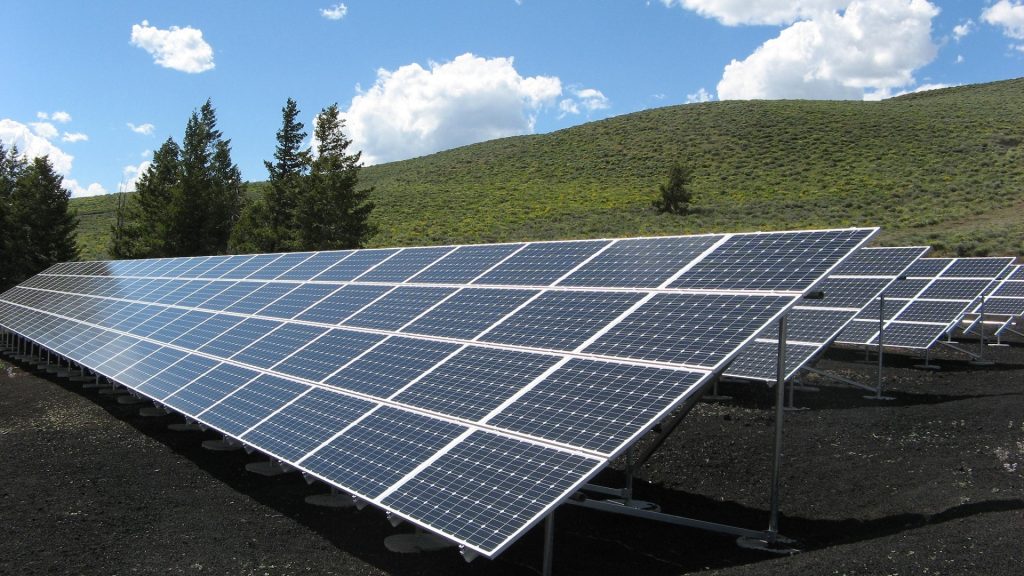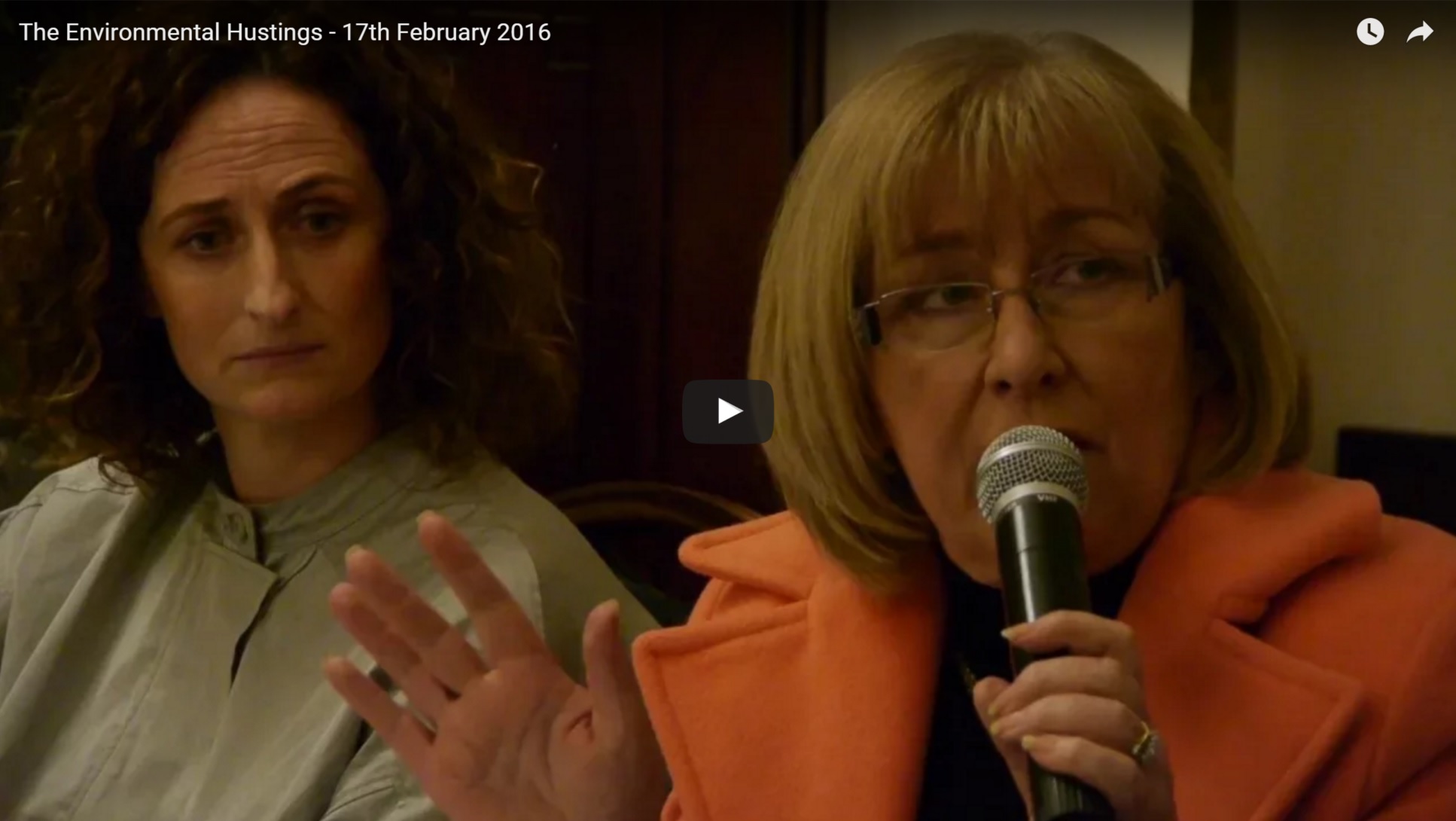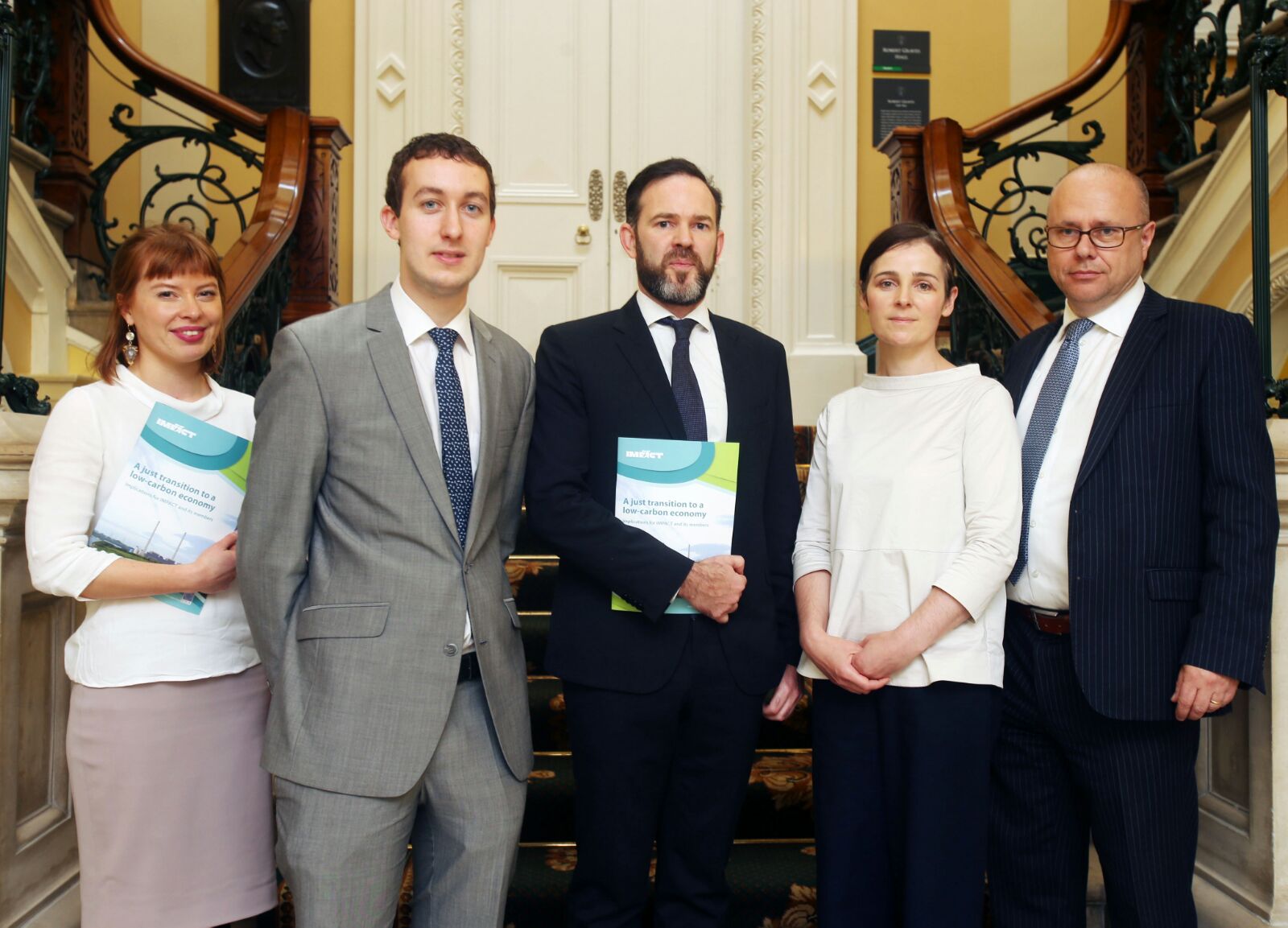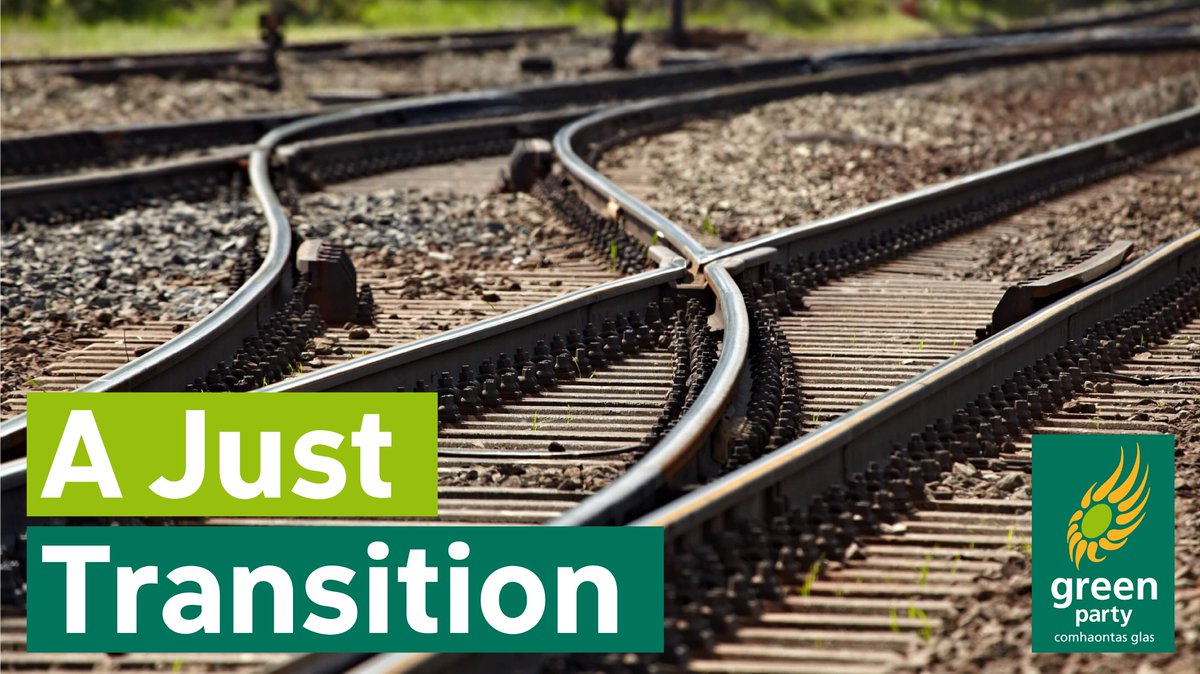Manifesto Watch: Sinn Fein on climate and biodiversity

February 4th, 2020
As fears of climate change become more tangible and dominant, parties feel compelled to pledge allegiance to the notion of battling climate demise.
While climate continues to remain largely absent from party leaders’ media debates, the parties manifestos testify to the far-reaching significance of adopting green policies. Below we analyse how Sinn Fein has fared in its manifesto,
Sinn Féin manifesto’s climate section starts with an array of fact and figures on the current Government’s role in tackling the climate crisis, drawing attention to the country’s recent climate failures from the infamy of being ranked as Europe’s worst in tackling climate change to missing EU’s 2020 emission reduction targets.
The party describes tackling climate change and fighting for climate justice a “priority” necessary to stop “bankers and corporate investors. In line with the party’s credo, Sinn Féin’s manifesto describes climate justice as synonymous with justice for workers and the working-class enclaves.
Sinn Féin would legislate “binding sectoral targets on specific industries” with five and 10 year sectoral targets for emissions reductions that are subjected to regular State review.

Workers’ Rights and Just Transition
The manifesto draws attention to the importance of making the just transition as smooth as possible on workers who may have to leave polluting industries to enter a green task force. The party briefly touches on the importance of unionising the green sector and suggests the establishment of a Just Transitions taskforce to achieve that aim.
Jobs in the car and coal industries are currently among the most unionised and protected, while unions remain rare in the renewable sector. The party also aims to boost the Just Transition process by injecting an additional €4 million in the transition fund’s annual budget.
No to Carbon Tax
When it comes to carbon tax, Sinn Féin, has noted a sound of alarm, arguing that such a strategy, will hit the hardest those who can least afford it.
“The carbon tax increase will make people poorer, but it will not make the state greener or cleaner. It is a regressive tax, the sole purpose of which is to raise funds,” the manifesto states.
The document argues that a carbon tax would contribute to poverty and may lead to the regression of some middle-class families while making the working-class weaker.
Last year, Sinn Féin leader Mary Lou McDonald had also expressed her objection to increasing the carbon tax.
Most environmental economists consider the idea of a carbon tax as essential for staving off the worst possible scenarios for our planet. Last year, a UN report also suggested that putting a high price on carbon is crucial, albeit politically challenging.

Energy
Sinn Féin manifesto opposes greenlighting any new project “that will lock us into fossil fuel use for decades” hence the party is resoundingly against the importation of fracked gas.
The current Government has failed to annul two proposed Liquified Natural Gas (LNG) projects in Shannon and Cork that may involve the importation of fracked gas from the US despite criticism from eco-activists and green politicians.
The Sinn Féin policy document calls for divestment from the fossil fuel sector (the idea of pulling public money from polluting industry) even though a divestment bill, introduced by Independent TD Thomas Pringle, was signed into law last year.
In relation to renewable energy, Sinn Féin plans on prodding semi-State companies like ESB and Bord na Móna to take the lead “in developing renewable energy In Ireland”.
Sinn Féin has also promised to amend current legislation to facilitate the planning process for renewable energy projects such as offshore energy as for offshore wind, wave and tidal.
The party proposes the expansion of a centralised, State-owned offshore wind development network that would allow Eirgrid to reach 80 per cent renewables by 2030. It also promises to power all Irish data centres with green, renewable energy, citing figures on the significant contribution of data hubs on carbon emissions.
Sinn Féin has also unveiled a climate-friendly proposal to the business and innovation section of its manifesto, highlighting the contribution of electricity generated for commercial facilities and its impact on climate change.

Housing and transport
Increasing the number of “zero-energy buildings”, bolstering State investment in retrofitting plans, injecting an additional €30 million to Bus Éireann’s current budget to diversify “its fleet away from fossil fuels” are also among Sinn Féin’s green promises.
The party also plans on reducing public transport fares to encourage and increase their use. The proposed policies are an extension of the party’s recent green proposal, Powering Ireland 2030.
The party has suggested that Small and Medium Enterprises (SMEs) can avail of a €10,000 grant for installing green energy technologies that would purvey eco-friendly power to their businesses. The party has described said initiative as a small step toward a final ” transition to new green energy solutions” in the Irish business sector.
Agriculture
Sinn Féin promises to shepherd farmers into an eco-friendly future where their livelihood is also ensured, although is not in favour of reducing either the suckler or dairy herd. The party has suggested the introduction of “environmental elements” to many agricultural schemes although the manifesto does not go into detail on how this would happen.
The development of a “sustainable forestry policy” that stipulates guidelines under which hedgerows and bees are protected is also a part of the promises of the Sinn Féin’s manifesto. Counting beehives as livestock to bolster their security is another notable aspect of the party’s strategy.
Recycling and waste
Sinn Féin proposes a “deposit return scheme” for plastics and other material to encourage recycling. The policy has been introduced in other countries, including the United States.
Putting the waste industry in the hands of the public sector is also Sinn Féin’s plan for improving the efficacy of the current waste collection system,
“Sinn Féin is committed to putting waste collection back under the control of local authorities,” the party’s manifesto states.
[x_author title=”About the Author”]






